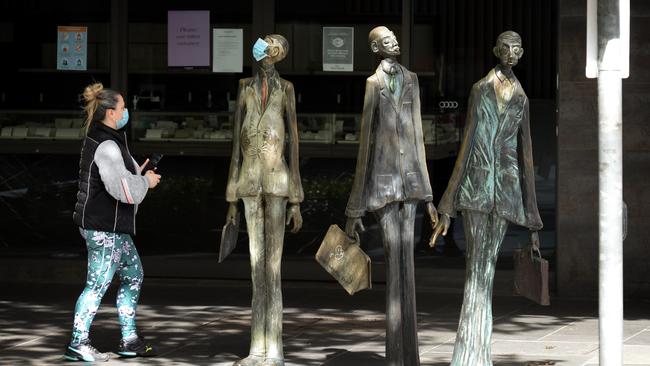
A neighbour says the man, who looks to be in his late 50s, lost his job soon after the coronavirus shutdown began. By the time he reaches my house, his trolley contains maybe 200 bottles and cans: $20 for a few hours of cold, unpleasant and undignified work.
Is this a taste of what’s to come as the economic vandalism begins to bite?
Over in England, my sister and brother-in-law were all contact-traced last month after their adult children, friends and partners spent an evening in a COVID-rich Cheshire pub. Two dozen of them tested positive for the virus, although only my sister had any symptoms, which she describes as “a bit of a sore throat”.
Just a couple of anecdotes, of course, therefore worthless. What we really need are official figures detailing how many cases, as we test and test for them, involve real illness, and how much suffering our response is creating. But good luck finding them. I have been a journalist for many years and have long (and clearly unjustifiably) prided myself on teasing out information from all kinds of sources, but these facts elude me.
You might have expected otherwise in a pandemic so mercilessly studied. I’m so far resisting the temptation to enter the padded cell of conspiracy theorists, but it puzzles me why our leaders aren’t rejoicing at the fact the virus appears to have little impact on the young people it infects, or indeed on healthy older victims. (My sister won’t thank me for mentioning it, but she and her husband can see 60 only in their rear-view mirrors.) Why, it’s almost as though they want us to be afraid.
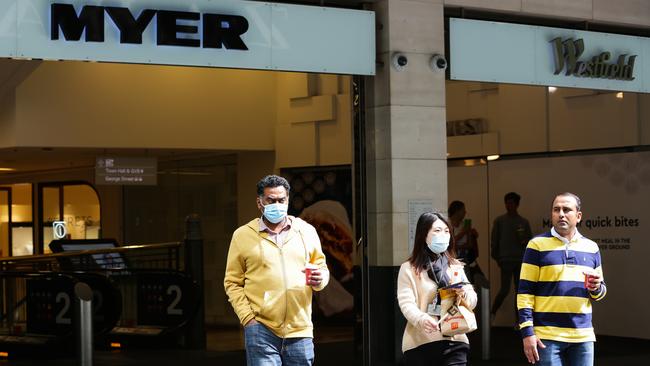
So instead of facts presented dispassionately, we are given a charlatan’s illusion of truth, and must resort to weighing the competing opinions of the world’s experts to crystallise our thoughts.
Put a physics or maths problem to a group of physicists or mathematicians and you’d expect similar answers; but in the world of pandemics, epidemiology and public health policy, apparently there are as many opinions as experts. Which for purposes of determining the correct course of action is pretty much the same as having no experts at all.
Is social distancing effective? Do masks work? Can herd immunity be achieved? How far apart should we stay? Isolate the sick, or the healthy? Should we open our borders? Do lockdowns work? We can find mightily accredited professionals eager to argue either side of those debates, then dive into our trenches like World War I infantry in Flanders, lobbing the experts’ opinions at each other. Perhaps we will be allowed to gather in no man’s land on Christmas Day for a game of golf. Lions led by donkeys.
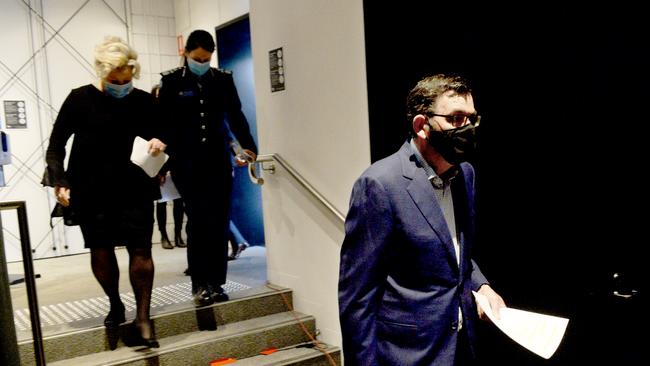
It’s easy instead to mock Victorians as the donkeys, meekly following the ever more ludicrous restrictions imposed on them, and some commentators have taken those easy shots. I was not one of them, although I do believe I owe the people of Melbourne an apology. I’ve been drinking a little more than usual lately, so my memory isn’t too clear, but after watching press conferences and hearings, carefully crossing out the names of all the people who definitely didn’t impose the curfew, I’ve realised it must have been me. Sorry, everyone.
Meanwhile the vicious powers arrogated by the state government, drawn up by compliant bureaucrats and enforced by police who act as though they will never be held accountable for their routine insensitivity and occasional brutality, explain Victorians’ apparent submission.
People are so much easier to suppress than a virus, aren’t they? Disobey the controls on your movements, your free expression and even, it seems, your thoughts and you risk arrest, a criminal record and stupendous fines; refuse to pay and see your driving licence suspended or the inside of a prison cell. No wonder ordinary citizens keep their heads down and pray for it to go away. Most of us would cower under such disgusting treatment.
Elsewhere other state and territory emperors, emboldened and aggrandised beyond the fevered dreams of their backstabbing caucus days, turn their thumbs down to the smallest act of charity, denying children the right to comfort a dying parent and parents a last embrace of a dying child. The cruelty, the callous heartlessness of these petty dictators should haunt them for the rest of their lives, though no doubt they fall into a self-satisfied sleep the instant their heads hit the pillow.
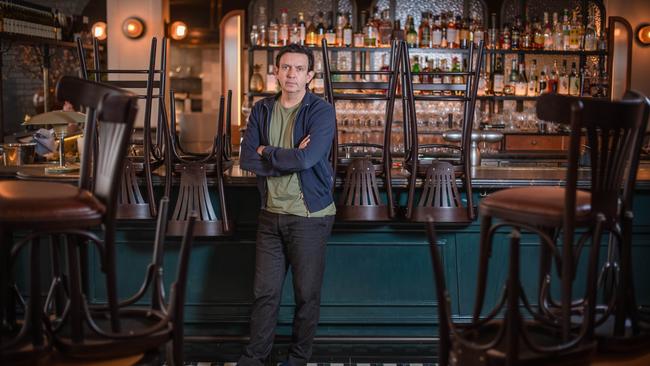
Basic humanity is turning out to be one of the unforeseen casualties of this pandemic — or, rather, of our reaction to it. Much of what we have lost was obvious from the moment we pressed the panic button, although perhaps not its enormous, still growing, scale.
Millions thrown on the dole. Plummeting investment. Vanished savings. Businesses collapsing, taking families and years of work with them. Treatable cancers and other ailments turned by clinical delay into life-threatening conditions. Soaring rates of suicide and self-harm, particularly among children. Mental health problems. A surge in domestic violence.
These were all predictable, and predicted. What was not so clear was how the rules allegedly preventing transmission of the virus would erode our trust in our fellow citizens, undermining the edifice of civilised human behaviour.
Humans belong with each other. There’s a clue in the word conviviality: we live and enjoy life together. So many pleasures are born of crowds: at the football; in theatres and cinemas; in restaurants and pubs; at religious gatherings; at concerts and nightclubs.
And so many of our significant moments draw meaning from the presence of friends and family as witnesses and co-celebrants, from the trivial traditions of birthday parties, school formals or reunions, to the promise of christenings and weddings, to a soothing vigil at a loved one’s deathbed and the more public occasions of funerals and memorial services.
These rituals, joyous and sombre, have been markers on the path from cradle to grave since the first tribes were formed; they have given meaning, comfort and delight to everyone, forever. They are fundamental touchstones for a functioning society.
But no longer, because some health bureaucrat deems the risk of catching or spreading what increasingly looks like a middle-order virus is unacceptably high.
As so many people have now said, so many times, let us take our own chances. If you fear the disease, stay at home and we’ll deliver food and entertainment to you. Don’t stop the rest of us going to the shops, or the beach.
We are being trained like 1960s East Germans to be suspicious of, and inform on, our neighbours. Handshakes have been supplanted by the idiotic elbow bump, usually accompanied by an awkward grin, if you can see the elbow’s face. The useless masks — or are they useful? Which expert do you happen to go with? — dehumanise the wearer but give a handy signal to our leaders that their bullying is working and their victims are submissive.
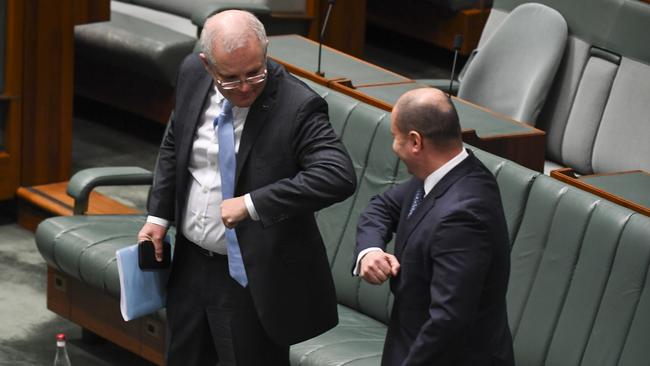
Friendships are, if not ended, at least downgraded on some of these battle lines. Some friends and colleagues have told me my observations about some of our politicians are too unkind, “because they’re doing their best”, as if anything I say could penetrate their egos. Their best is not good enough, and every day they double down on their idiocy, their best gets worse.
At the moment, case numbers are so low we are well within the margin of false-positive and negative error, sliding along the X-axis of stupidity. But the clown car trundles on across the sawdust on its square wheels, the buffoons leaning out of the windows to squeeze the bulbs of their horns to mark another nonsensical regulation: HONK! No standing up! HONK! Wear a mask when fishing! No wonder the ministers and officials departing in disgrace are said to leave “big shoes” to fill.
And outside the tent of this national circus, the hotel quarantine debate is a sideshow of irrelevance, an indicator of what’s likely to happen if we ever dare to open up our national border.
Never mind stopping a third wave; judging by what’s happened overseas, we haven’t seen the first yet, unless we are uniquely, miraculously immune. Some of us congratulate ourselves for controlling the disease, when others suspect we have only hidden from it.
There is currently no exit strategy from the hole our politicians have dug for us; it’s so deep we cannot see out of it.
How will we disengage from this madness? How long will they persevere on the wrong course? It puts you in mind of Macbeth’s words after (spoiler alert!) killing Duncan and Banquo: “I am in blood stepp’d in so far that, should I wade no more, returning were as tedious as go o’er.”
That desperate obstinacy didn’t end well for Macbeth in the 11th century, and I doubt it’s going to work any better a thousand years later. We need to turn back.


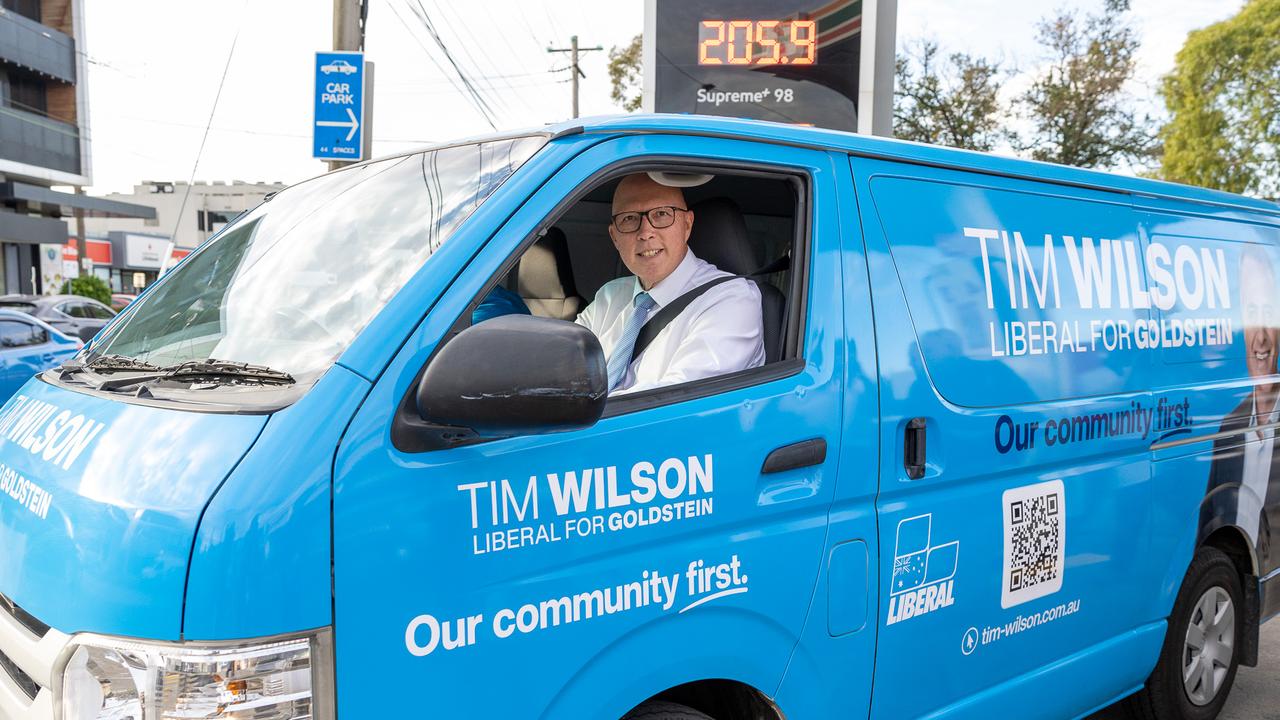
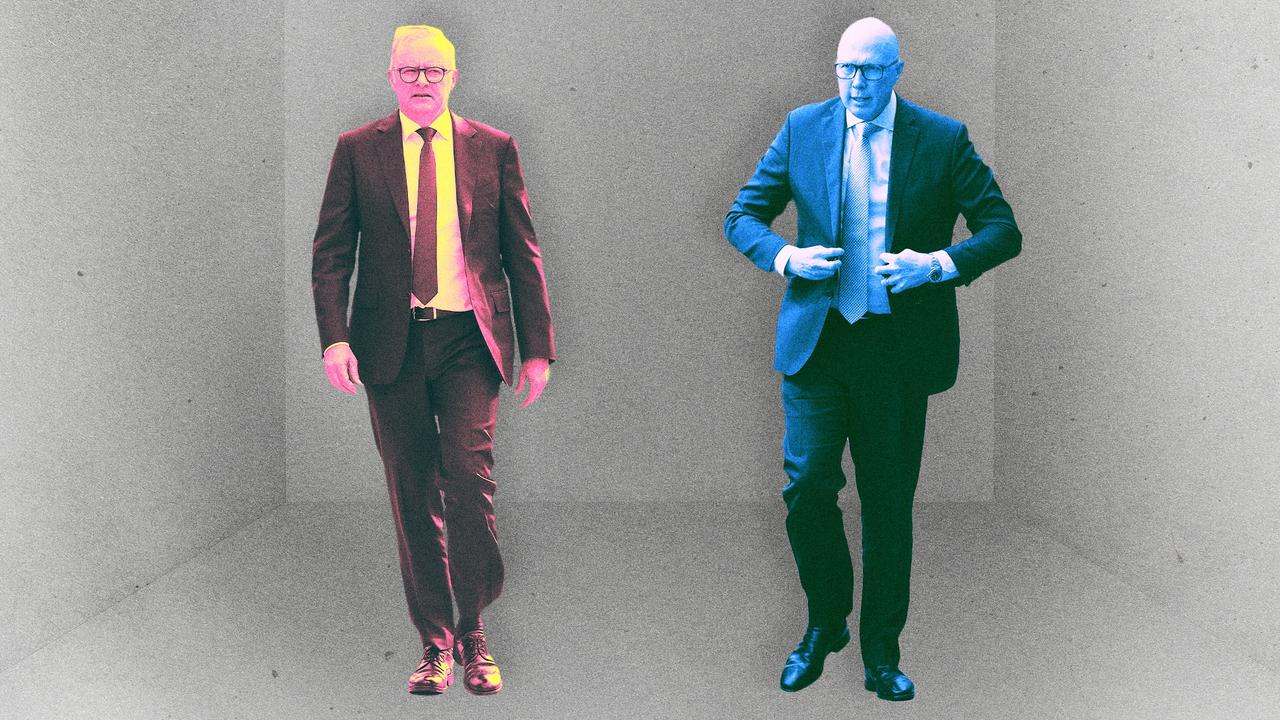
On Tuesday morning I was woken, as I have been the past few Tuesdays, by the sound of someone quietly raiding my bottle bin. He was up before dawn to beat the garbage trucks, trying to find containers with a 10c refund on this stretch of Sydney’s leafy, supposedly prosperous, north shore.